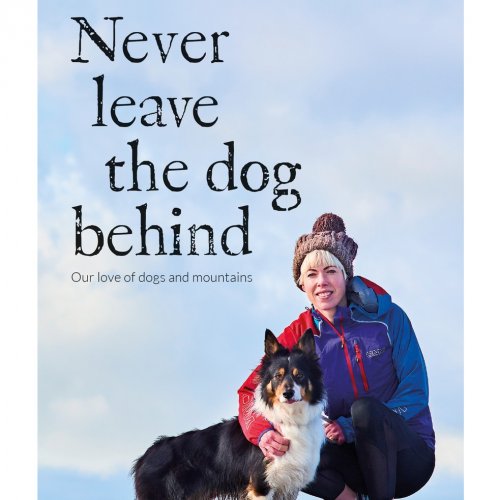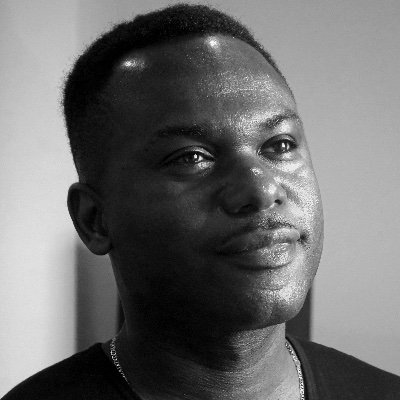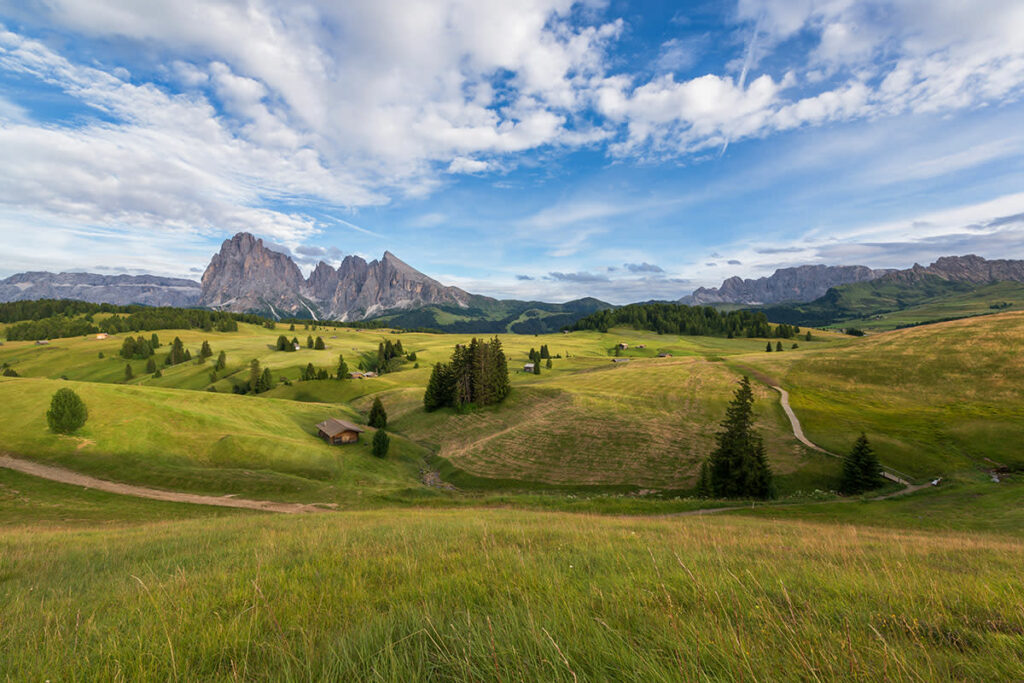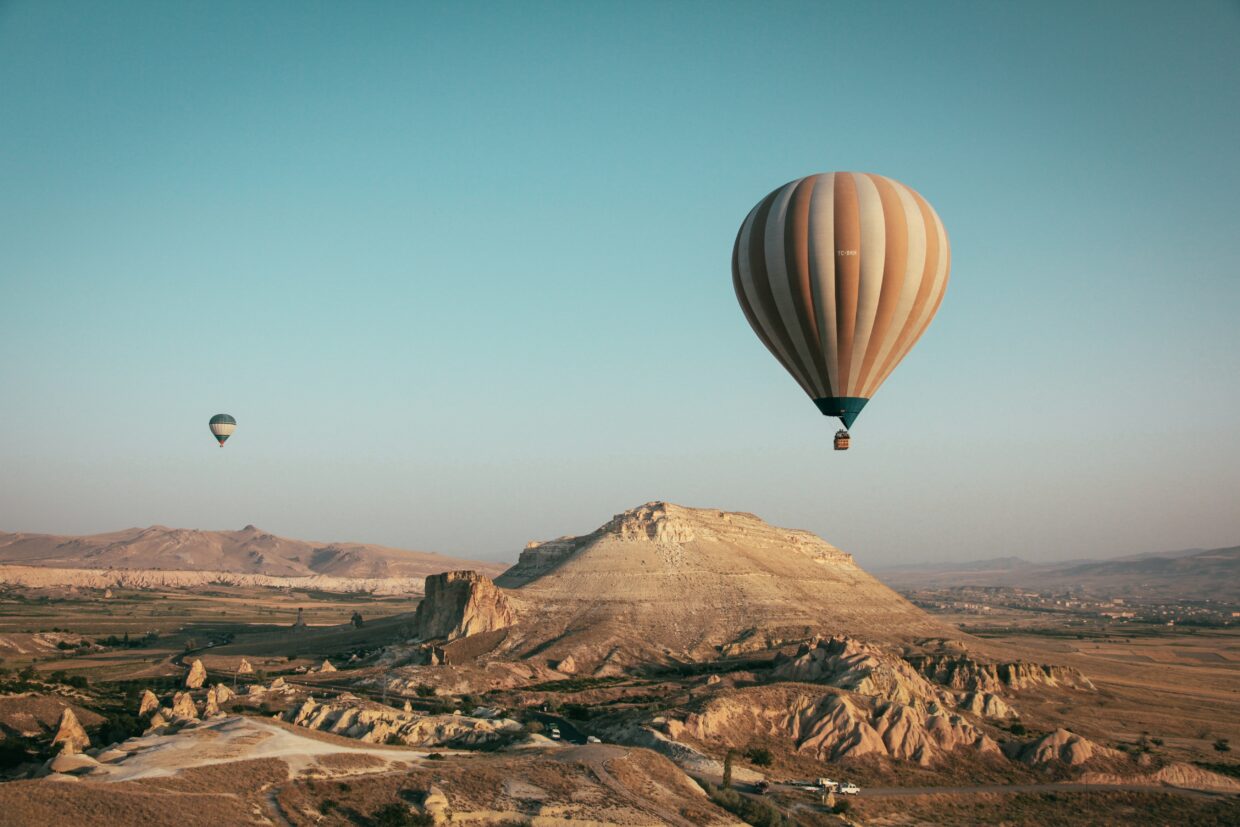saturday 6th march

Saturday’s session on “Writing the Landscape” began with our four panellists reading from their published works, then moved on to a Q & A with questions from our festival host, Ian Harker, and from the audience via the Zoom chat.

Helen Mort read from her newly released book Never Leave the Dog Behind. Her extract, featuring her whippet Bell, was a lyrical and even musical description of a walk through the landscape of Grasmere. Warm and lovingly observed.

Our next panellist was Jason Allen-Paisant, who read from his forthcoming poetry collection Thinking With Trees. The poem Right Now, I’m Standing, included a beautiful, mournful description of a broken tree, which turns hopeful as new life grows within it. He uses this image to reflect on his own identity, of reclaiming time and of hope for his own body. I’m already thinking of buying this for a friend!
Anna Chilvers was our third panellist and read an excerpt from East Coast Road, published last year. This is the story of Jen and her imaginary nun cousin (and her biker friend!) on their journey walking from Bamburgh along the North East coast. Whimsical and intriguing, the ambiguity of the imaginary characters gave a magical, dreamlike quality to the prose.
Our final reader was Professor John Whale who read from his poetry collection, Wayward Observations, a poetical calendar for the year, which he described as “a hybrid of form feeding off nature.” Topically, he chose to read from Spring, a poem reaching for the light and new growth, leaving me with a feeling of optimism and yearning for some sunshine.

I found the Q and A section particularly inspiring for this event. Ian started us off by asking if the panellists spent more time in the landscape or less during the pandemic? How have their writing habits changed?
Helen Mort answered that she’d spent most of the first lockdown walking with her toddler, moving very slowly! However, she reflected that it had helped her notice things more, going at a gentler pace. For her, it has taught her to slow down, and to worry less about writing every single day! Anna Chilvers added that an injury had meant she walked less and spent most of her time in an indoor space rather than an outdoor one, especially in the first lockdown. Jason Allen-Paisant explained that his usual habit was to compose in the landscape, and to use his phone to dictate his words aloud. John Whale compared Jason’s process to that of William Wordsworth, who composed in his head, then recited aloud in the countryside, whilst walking his dog.
Ian next asked a question about form: Is prose more engaged with the landscape than poetry? Can you describe better with prose?
Jason jumped in to say that one isn’t better than the other. He believes what is described is the writer’s relationship with the landscape. That poetry can move beyond description, to go on to make a connection, and then to make sense of it. John continued, when writing you’re attempting to capture the interaction of your mind with the process of what it’s doing to your body. That writing goes beyond just a visual description. Jason added that writing is the struggle to represent something, and explain “the shock of wonder, the shock of beauty and how best to represent that.”
I was fascinated by the poets’ replies to the question and their articulation of the way, as writers, they were expressing their emotional and physical experiences. I hadn’t fully considered how significant that is with nature writing and it’s one of the key points I will take away with me.
During the Zoom chat came a question from the audience about the urban landscape, since we’d centred on the countryside so far. I was the most interested (being from a council estate myself) in Jason’s recommendation Poor by Caleb Femi, which he described as stunning and focused on an estate in Peckham. About finding community in a place and challenging stereotypes.
Another fantastic audience question was about representations of disability in nature writing. The authors had some great recommendations, featuring different kinds of disability in this under-represented area. Anna mentioned that her own work regularly makes reference to mental illness, a theme which Helen also supported. Helen additionally suggested the work of Polly Atkin, who writes memoir about chronic illness and the outdoors. She also recommended Karen Dark, who writes about climbing and being a Paralympian.
John cited John Milton as a blind poet, (which many forget) and mentioned that Melancholia and Literature, have gone hand in hand since the era of the romantics. Anna added that The Outrun, by Amy Liptrot focuses on her personal journey with addiction, in the Orkney Islands. Helen MacDonald’s H is for Hawk was also mentioned as a reflection on grief. The latter two books are favourites of mine, I’ll admit!
I got so much out of this event, particularly listening to the writers’ processes for writing in the landscape and “pruning” later. A thought that will stay with me is from Helen Mort, that the job of describing landscape is never over, and that she never feels like she’s exhausted the possibilities of writing about her place.

I felt quite relieved as I often wonder about the sheer amount of nature writing published. Do I have anything new to bring? As a new writer, am I just covering ground other people have written already? In fact, the opposite is true. No one else will have seen the place through your eyes and made the connections you have. I’m looking forward to reading more from these writers and getting back into the environment once lockdown is lifted!
Written by Natalie Roe.
For more on the Leeds Lit Fest see reflections on events featuring Monique Roffey, or Saima Mir.

